The holidays and New Year are upon us and for many it’s a time of refection and resolution. While I’m a big fan of creating intentions and change, there are aspects about the act of creating resolutions that began to feel questionable to me a few years ago. An interesting thing though – since I stopped creating them, I’ve actually achieved more of my goals. Here’s why:
First of all, the “energy” around resolutions is a negative one. The belief behind creating resolutions suggests that we have to change or “solve” something in our lives because what we’ve been doing thus far hasn’t been working, that we aren’t good enough, and in order to “get where we want” in life, (suggesting it’s all about getting somewhere) we must commit to a “stepping up” of sorts. We need to be “fixed.”
While I do support creating change in ones life, there’s a tacit pressure attached to resolutions, which suggests that if we can’t successfully stick with our commitments, that we’ve screwed up – that in effect, we are screw ups. If we fail, we’re knowingly setting ourselves up to berate ourselves for not being good enough, strong enough, or resilient enough. So before we even begin to make efforts to attain our goals, there’s often a feeling of struggle or unlikelihood in fulfilling our resolutions.
“This time it will be different,” we say to ourselves, in regards to achieving our goals, but it rarely is. And we can’t understand why we’ve yet again failed.
Why is it that we commonly fail when our desire for change is so strong? The reason is clear and simple. We can rarely create change simply because we “resolve” to. Behind every unhealthy or undesirable action there is a habit – an unconscious belief that drives us.
It’s likely our current resolutions have been attempted before. We “hope” to stick with them this time around… Go to the gym 5 days a week, stop smoking, work more, work less, be kinder… But changing an action or habit without understanding the underlying core belief is a primary reason why we so often fail to stick to our resolutions.
That’s where all this talk of “self-awareness” comes into play. To approach our habits with a compassionate curiosity is the path to discovering the true influences that motivate our behavior as well as what creates resistance. Without investing time and effort in proper inquiry, there is little to no chance of change. Most people aren’t willing to invest in that inquiry through the year. It’s much easier to sit down with a piece of paper and a pen once a year and write a list of a few radical things to improve upon. Good luck.
As mentioned, a few years ago I stopped creating resolutions myself. Rather than create resolutions I began creating intentions.
First of all, to me, there is a much more gentle and compassionate energy around creating intentions than resolutions. While resolutions feel stern like rules, intentions feel like invitations. The strictness of a resolution likely brings us to an “all or nothing” mentality. So if we slip in any way, we are more likely to give up. (Remember, our core unconscious belief suggest we are unlikely to succeed based on previous results, so it supports this “all or none” thinking belief.)
Resolutions are more difficult to maintain than intentions. When I create intentions I often start with a letting go of what no longer serves me in order to create room for the new. We must make efforts to consciously let go of old patterns (understanding what is behind them first) in order to invite new ones in to our lives. Intentions aren’t about seeing ourselves as a problem that must be resolved – they are about bringing awareness to our choices, with a forgiving flexibility that offers us a higher likelihood of maintaining our preference for change rather than the whiplash approach which sets us up for failure. Personally, I find the energy of an intention practice to be much kinder than the rigid process of creating resolutions, which is why I’ve been more successful in achieving my goals. I’ve never been a big fan of rules, or the tough love approach in life. Compassion has become my new best friend. And what better way to begin a new year than with a little bit of compassion?
But don’t take my word for it. If you are drawn to, try it yourself. And please do let me know how it goes. 😉


This makes a lot of sense Tamara!! To a certain extent, I oppose ‘New Year’ resolutions/intentions. Not because it’s not a good thing, but because it points towards the first big error in my opinion of these ‘new year’ “rules”. That is…we shouldn’t self-refleconce a year. This is the point which I think you address very well in your post.
Why don’t we have a Jan, Feb, March etc resolution. Infant, why not a fortnightly, weekly, daily?
Might I suggest “New Day Improvements”?
Great post…look forward to the next one.
Merry Christmas Tamara and everyone else (from a wet and windy UK)
Thank you for your insightful post. For me, intentions are connected to manifestation, a practice that I engage in daily and is a way in which I “work towards” my goals. For me, manifesting is the energy that makes intentions come alive.